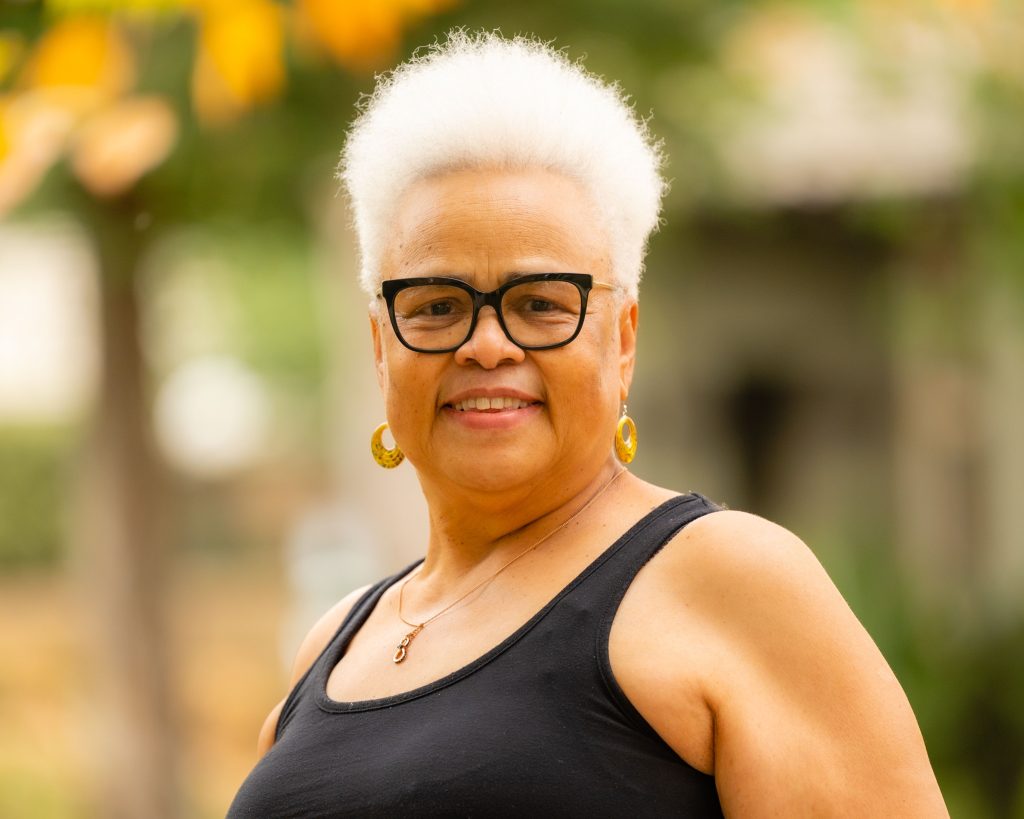In the early hours of March 10, 1948, the body of Czechoslovakia’s foreign minister was found beneath a window of the ministry’s palace in Prague. The official explanation was suicide. The public consensus—then and now—is murder. Just two weeks earlier, the Communist Party had staged a bloodless coup, seizing full control of the government. The minister’s death, under violent and ambiguous circumstances, symbolized the definitive end of Czechoslovakia’s democratic hopes. Forty-one years of dictatorship followed.
I was born into that dictatorship. Like more than thirty other children whose stories are documented in Czechoslovakia’s Cold War Refugee Children: Contemporary Resonance, my family fled a country no longer safe for political dissent or independent thought. We were the children of artists, politicians, academics, and ordinary people who refused to toe the party line.
Today, as I watch troubling developments unfold in the United States, I can’t help but feel history knocking—not softly, but insistently. The parallels between the collapse of Czechoslovak democracy in 1948 and the democratic backsliding occurring in the U.S. under the Trump administration in 2025 are unnerving. And for those of us who once lived through such unraveling, they are all too familiar.
Democracy Doesn’t Die in a Flash
The coup in Czechoslovakia was not a sudden explosion. It was a meticulously executed erosion. The Communists deployed police and militias loyal to the Party, pressured rivals to resign, and staged a façade of legality by forcing the democratically-elected president to accept a new, Communist-dominated cabinet. When the foreign minister died—likely pushed from a window by agents of the regime—the message was clear: Resistance was futile.
Fast forward to the United States in 2025. The circumstances are different, but the techniques feel hauntingly similar. A charismatic leader returns to power and quickly begins reshaping government structures to entrench loyalty. Independent federal agencies are gutted. Inspectors general and civil servants are removed en masse. Immigrant activists disappear into detention without due process. Democratic norms bend—not broken all at once, but weakened over time until they no longer resemble what came before.
This is the kind of creeping change those of us who fled authoritarianism remember well. It’s not just the loud spectacles—the tweets, the rallies, the televised outrage. It’s the quiet dismantling of rules and safeguards. The normalization of once-unthinkable behavior. The way fear settles into communities, into families, into children.
Children Watch Everything
In my book, I collected oral histories and personal reflections from those of us displaced as children during the regime (1948-1989). We were small, but we remember.
We remember the whispered conversations between adults. The hurried packing. The fear of being watched or turned in. The confusion of arriving in new countries where languages, customs, and values were alien. And we remember—always—that we had left something behind that was both dangerous and precious.
And so, when today’s migrant children are demonized and US-born children witness the fracturing of their country’s ideals, I worry—not just for their safety, but for the imprint it leaves on their souls. History is not just taught; it is lived and transmitted, often unconsciously, across generations.
The Past as Prologue
Some might say it’s alarmist to draw connections between postwar Czechoslovakia and today’s United States. I would argue that it’s responsible. Parallels are not predictions. They are warnings. They are invitations to pay attention.
In 1948, many Czech citizens hoped the Communists would restore order after wartime chaos. They underestimated how quickly the government could become a tool of surveillance, repression, and exile. They thought democracy would return in a few years. It took over four decades.
In 2025, Americans who feel disillusioned or fearful may hold similar hopes of stability, strength, and nationalism. But history shows us that authoritarianism rarely starts with tanks in the streets. It starts with the silencing of critics, the politicization of bureaucracy, and the erosion of public trust. It starts with windows opening in the night—and no one daring to ask why.
A Message for Today’s Readers
Czechoslovakia’s Cold War Refugee Children is not only a historical account. It’s a mirror. It reflects the impact of politics on childhood, the lifelong resonance of trauma, and the courage of those who refused to surrender their identities.
These stories offer more than academic insight. They offer a compass. They show what happens when people are pushed to flee, how they carry their homeland within them, and how resilience and memory shape lives across decades.
In writing this book, I sought to honor the children we were and the adults we became. And I sought to offer a call to awareness—because history is speaking, and it is up to us to decide whether we will listen.
What can the lived experiences of Czechoslovak Cold War refugee children tell us about the lifetime impact of childhood forced migration?
 This is the story of author Miriam Potocky Rafaidus and more than thirty other Czechoslovak Cold War refugee children. Miriam shares her lived experience, as well as archival oral histories, to ultimately answer the question: Does anyone ever stop being a refugee?
This is the story of author Miriam Potocky Rafaidus and more than thirty other Czechoslovak Cold War refugee children. Miriam shares her lived experience, as well as archival oral histories, to ultimately answer the question: Does anyone ever stop being a refugee?
These testimonies from some of the earliest and youngest refugees in contemporary history will illuminate an under-examined group and explore what lessons can be learned applying to refugee children and youth of today and tomorrow.
Engaging with themes such as memory, trauma, and ethnic identity, Czechoslovakia’s Cold War Refugee Children is ideal reading for students of Forced Migration and Refugee Studies, Ethnic Studies, Gerontology, Contemporary History, Immigration History, Developmental Psychology, Exile Studies, Anthropology, and Sociology.
We want our books to be available to as many people as possible. If you’d like to purchase an individual copy, please email us and we’ll give you a discount code:
HEADER IMAGE: Martin Kopta, Wikimedia Commons, Creative Commons Attribution 3.0



